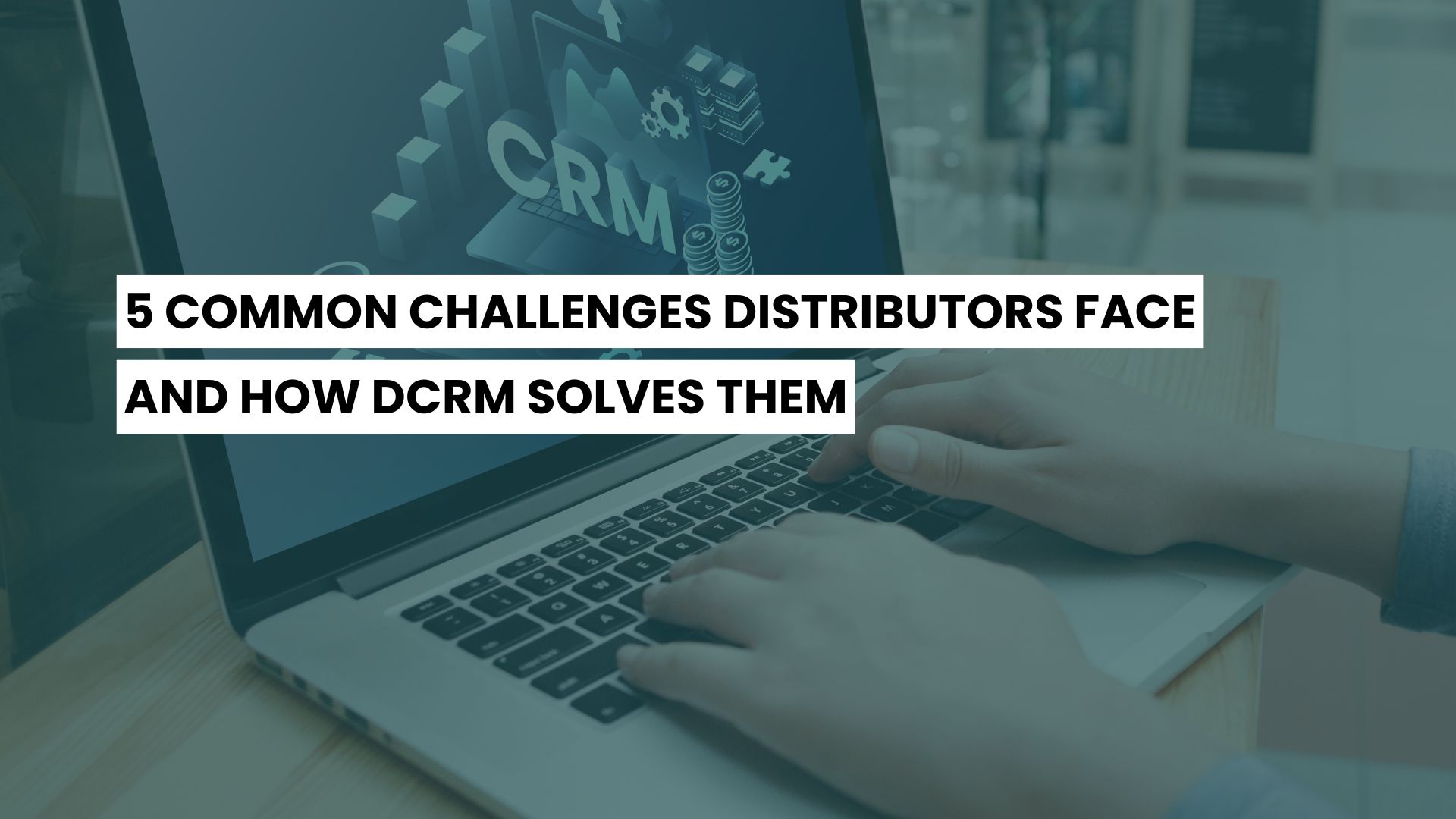In today’s fast-paced world, the textile industry is constantly evolving, and businesses need to stay ahead of the curve to remain competitive. One key factor that has been driving the transformation of the textile industry is Distribution Customer Relationship Management (CRM) software. This innovative tool is revolutionising the way textile companies manage their operations, streamline processes, and enhance customer experiences. In this article, we will explore how Distribution CRM is weaving a new era for the textile industry, enabling businesses to thrive in the modern landscape.
1. Understanding the Textile Industry’s Challenges
Before delving into the impact of Distribution CRM, it’s essential to understand the challenges faced by the textile industry. The sector has historically struggled with supply chain complexities, inventory management, and the need to meet rapidly changing consumer demands. Additionally, fierce competition and cost pressures have necessitated a more agile and efficient approach to operations.
2. The Emergence of Distribution CRM
Distribution CRM has emerged as a game-changer for textile businesses. This specialised software is designed to cater to the unique needs of distributors and manufacturers in the textile industry. It offers a comprehensive platform that integrates various aspects of the business, from sales and inventory management to customer service and marketing.
3. Streamlining Supply Chain Management
One of the most significant advantages of Distribution CRM in the textile industry is streamlining supply chain management. By providing real-time insights into production status, and supplier information, the software empowers businesses to make data-driven decisions. This ensures optimal overall supply chain efficiency.
4. Enhancing Customer Engagement
In the digital age, customer experience is paramount, and Distribution CRM plays a pivotal role in enhancing customer engagement for textile businesses. The software enables companies to centralise customer data, preferences, and purchase history, facilitating personalised interactions and targeted marketing campaigns. With a deeper understanding of their customers, textile companies can build stronger relationships and foster loyalty.
5. Empowering Sales Teams
Effective sales management is critical for textile companies to thrive. Distribution CRM equips sales teams with powerful tools to manage leads, track opportunities, and close deals more efficiently. Sales representatives can access real-time data on customer inquiries, orders, and shipments, enabling them to respond promptly and proactively to customer needs.
6. Analytics and Business Intelligence
Distribution CRM is not just about managing customer relationships; it also provides valuable insights through analytics and business intelligence. Textile companies can leverage this data to identify trends, forecast demand, and optimise production processes. By harnessing the power of data, businesses can make informed decisions that drive growth and profitability.
7. The Future of Textile Industry with Distribution CRM
As the textile industry continues to evolve, Distribution CRM will play an increasingly vital role in shaping its future. The software will likely become more sophisticated, integrating advanced technologies like artificial intelligence and machine learning. This will further enhance its capabilities and enable businesses to gain a competitive edge.
Conclusion:
Distribution CRM is transforming the textile industry, revolutionising the way businesses operate and interact with their customers. By streamlining supply chain management, enhancing customer engagement, and empowering sales teams, this innovative software is weaving a new era for the textile sector. Embracing Distribution CRM will be crucial for textile companies that seek to thrive in the modern business landscape and stay ahead of the competition. As technology continues to advance, the future of the textile industry looks promising, with Distribution CRM at its core, propelling businesses towards greater success. So, if textile companies aspire to succeed and flourish, they must embrace Distribution CRM and leverage its myriad benefits to weave a prosperous and vibrant future.




